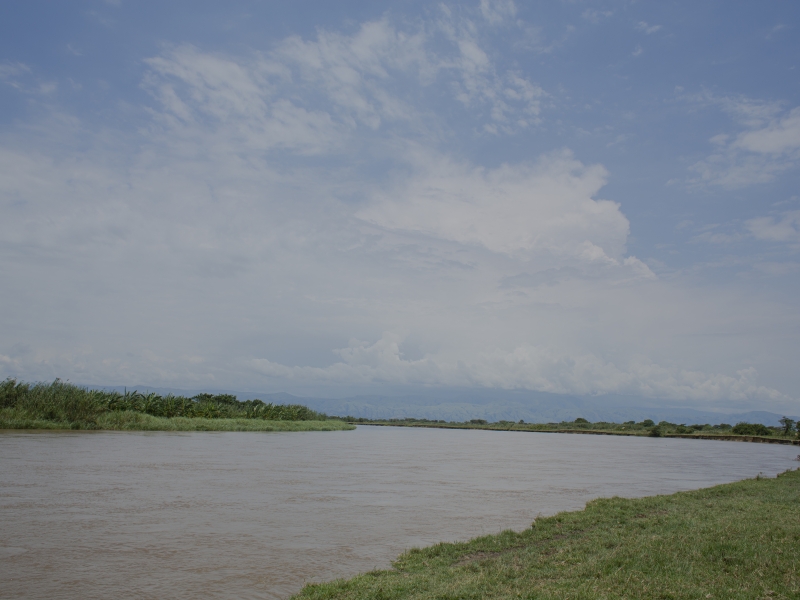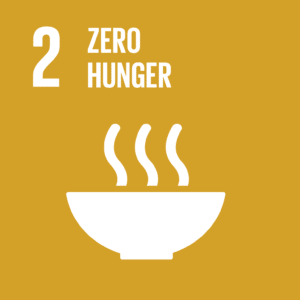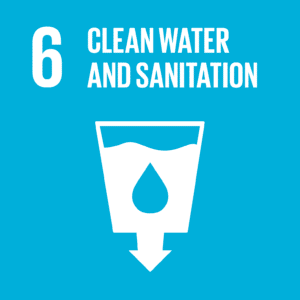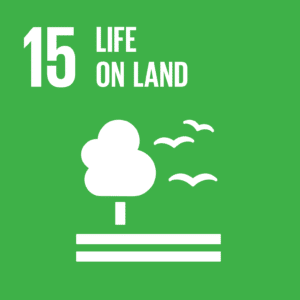Ecological landscape management to protect river zones

Protecting river zones in Uganda against climate change
Floodplains support the life of many people and play a crucial role in climate mitigation and adaptation by sequestering carbon and forming a buffer against climate extremes such as floods and drought. In Ntoroko, western Uganda, the floodplains along the Semliki River are being rapidly degraded.
Population pressure, deforestation, floods, droughts, and intensive cattle farming have resulted in erosion, water pollution and loss of biodiversity. This situation is expected to worsen in the face of climate change and population growth. Climate mitigation and adaptation solutions are urgently needed, with explicit attention on the balance between human needs and environmental protection.
Sustainable management of floodplains for a triple win in climate, human wellbeing and biodiversity
This project aims to strengthen the socio-ecological resilience of the Semliki floodplain and its inhabitants for a triple win for the climate, human wellbeing, and biodiversity. A participative approach to ecological landscape management that will protect valuable river zones and improve resilience to climate change will be used.
Training and workshops on climate change resilience, including environmental management, use of native tree species, and agroforestry, will be organized for farmers and other NGOs in the region.
Adaptation solutions for climate-resilient access to, and protection of ecosystem services will be disseminated, including testing and promoting best practices for soil and water conservation on demonstration sites, installing cattle troughs to protect riverbanks, and building ecological toilets to protect groundwater.
Fifty hectares of riparian areas will be protected and 50 hectares will be reforested in the flood plains of the Semliki Delta. Flood plains can store about 0,50 tonnes of CO2 per hectare per year. In addition, a tree can capture about 24kg of CO2 per year.
About 12,500 trees are needed to cover 50 hectares, meaning that about 300 tonnes of CO2 will be compensated annually by the tree planting in this project. Floodplains can retain water in the soil, which helps to create a buffer against climate extremes.
About 4,500 people will have improved access to water for agriculture and livestock, and 1,000 people will have access to ecological toilets that protect groundwater.
Do you want to know more about this project?







